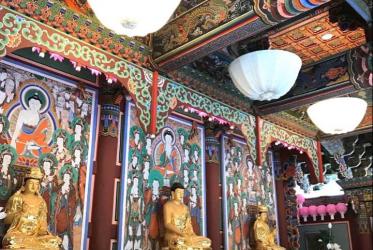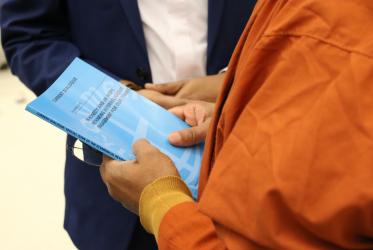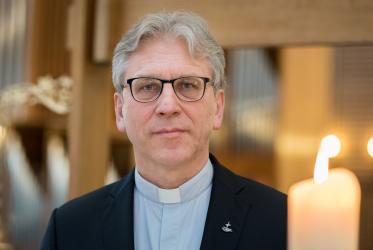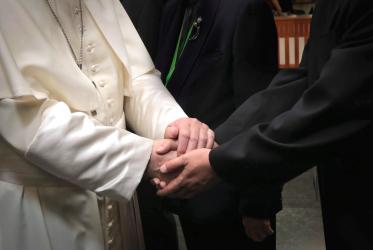Displaying 121 - 140 of 428
Vesak Day commemorated at the UN
11 May 2020
Freedom of religion rooted in justice
06 March 2020
WCC welcomes Grand Mufti of Egypt
20 February 2020
Festivities and dialogue launch new WCC journal
07 February 2020
WCC’s interreligious YATRA Programme to be expanded globally
16 January 2020
WCC condemns attack at Hanukkah celebration in New York City
29 December 2019
WCC mourns passing of Prof. Vuyani Vellem
09 December 2019
WCC general secretary: Iraqi people’s voices must be heard
05 November 2019
In Korea, young ‘stewards of hope’ forge ahead together
19 September 2019
Ecumenical young trailblazers
15 August 2019

















